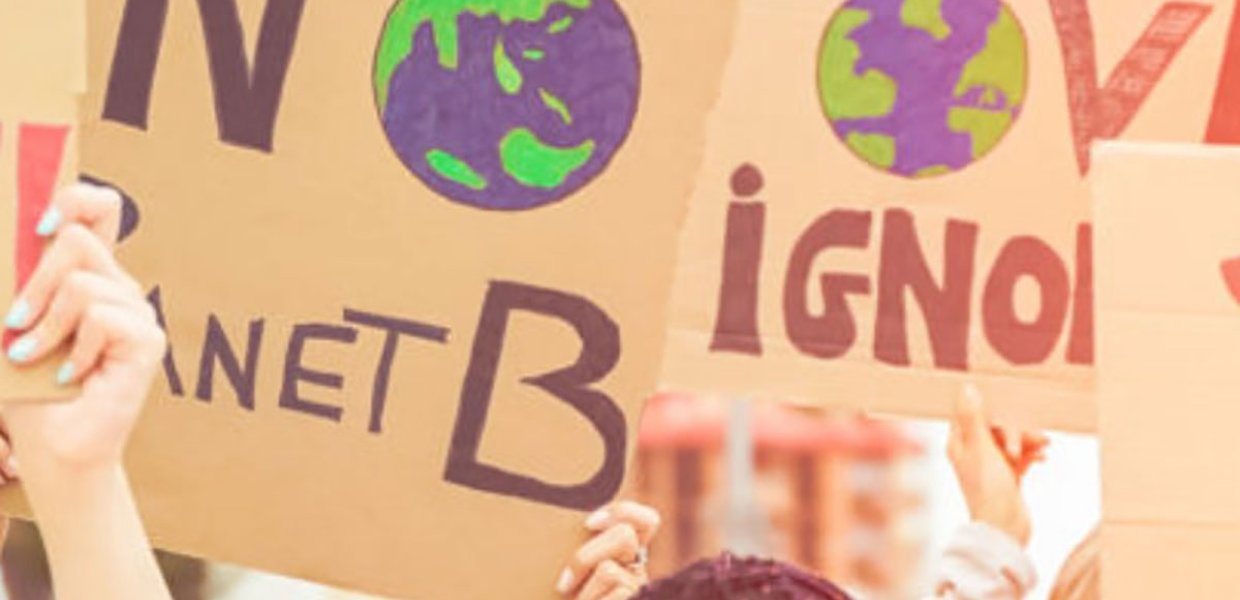
Players: We are all practitioners
Wednesday, November 17, 2021 – Thursday, December 9, 2021
(All day)
Online
Players: We Are All Practitioners focuses on the activities of diplomatic practitioners broadly conceived. Hosted by USC, the summit brings together academics and practitioners from both sides of the culture/diplomacy divide to consider the role of practitioners of a cultural relations approach to diplomacy as an interpersonal stance – as a set of behaviors, orientations and attitudes within a broader spectrum of cultural relations.
This summit underscores worldviews of players who challenge statist and Eurocentric definitions of diplomacy and diplomatic activity - definitions which preclude other worldviews, and other ways of knowing and being in the world. By reconceptualizing “players” in this manner, we aim to reorient our understanding of the role of culture in diplomacy. Our aim is to disrupt colonial and statist frameworks in order to center histories, practices, and ways of relating to one another that offer alternatives to the currently dominant state-centric international order.
Players: We Are All Practitioners is the second in a series of three research summits organized as part of The Cultural Relations Approach to Diplomacy: Practice, Players, Policy research project. Advancing our interest in reframing current discussion around the relationship of “the cultural” to diplomacy in the study and practice of global relations, we consider the cultural relations approach to diplomatic activity through the three dimensions suggested in the overall project’s title. Our inaugural summit, Cultural Diplomacy as Critical Practice (September 2020) focused on practice and feeds into players, the featured dimension of this second summit. Finally, the discussions generated in Players informs the third summit’s interest in the potential they hold to vitalize an environment conducive to the development of effective policy. The three summits aim to facilitate discussion through a sequence of exchanges that brings emerging lines of inquiry forward for consideration. They also serve as focal points for networking among partners in charting directions for further research, advocacy, and policy development. The intention is to generate scholarship and practice that treats cultural diplomacy as a multidirectional, inclusive and potentially activist practice that encompasses a diverse range of actors and their networks.
Summit Schedule
Wednesday, November 17
Session 1: Decolonizing Diplomacy
- 9:00 a.m. – 11:00 a.m. PT: Panel 1: Call and Response: Resistance and Refusal as Diplomacy
- 11:30 a.m. – 1:00 p.m. PT: Panel 2: Indigenous Video Games as tools to decolonize cultural relations
Friday, November 19
Session 2: (Re)Constructing Identity: Diaspora Diplomacy
- 9:00 a.m. – 10:10 a.m. PT: Keynote- Mexican Diasporas in the United States: Tools for Engagement that Center Community Knowledges and Experiences
- 10:30 a.m. – 11:45 a.m. PT: Panel 1- Remembering and Engaging: Diaspora Museums as Cultural Diplomacy
- 12:00 p.m. – 1:15 p.m. PT: Panel 2- Flipping the Script: Bottom-Up Methods for Diaspora Diplomacy Studies
- 1:30 p.m. – 2:45 p.m. PT: Panel 3- The Scholar as Diplomat: Diaspora intellectuals and (Cross)Community Representation
Wednesday, December 1
Session 3: Cultural Practice and Transnational Outreach: The practicioner in Sport, Art, and Music
- 9:00 a.m. – 10:15 a.m. PT: Keynote - Minding the Gaps: Connecting Diversity, Diasporas, and Skate Diplomacy
- 10:30 a.m. – 11:45 a.m. PT: Panel 1- Always Already Players: Considering the Cultural Diplomacy of Artists
- 12:00 p.m. – 1:15 p.m. PT: Panel 2- Performing Connections: Musical Performance and Cultural Relations
- 1:30 p.m. – 2:30 p.m. PT: Closing Remarks by Plenary Listeners
Thursday, December 9
Session 4: Locations of Cultural Diplomacy: from your Neighborhood to the World
- 9:00 a.m. – 10:30 a.m. PT: Panel 1 Cultural Diplomacy in Your Neighborhood (led by the USC Center on Public Diplomacy)
- 11:00 a.m. – 12:30 p.m. PT: Panel 2- Mondiacult